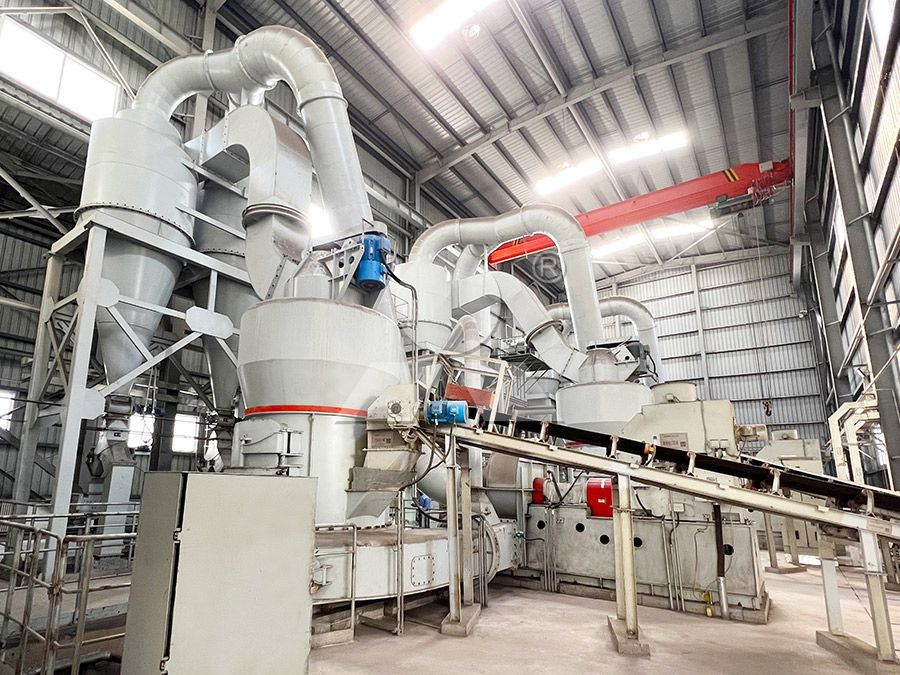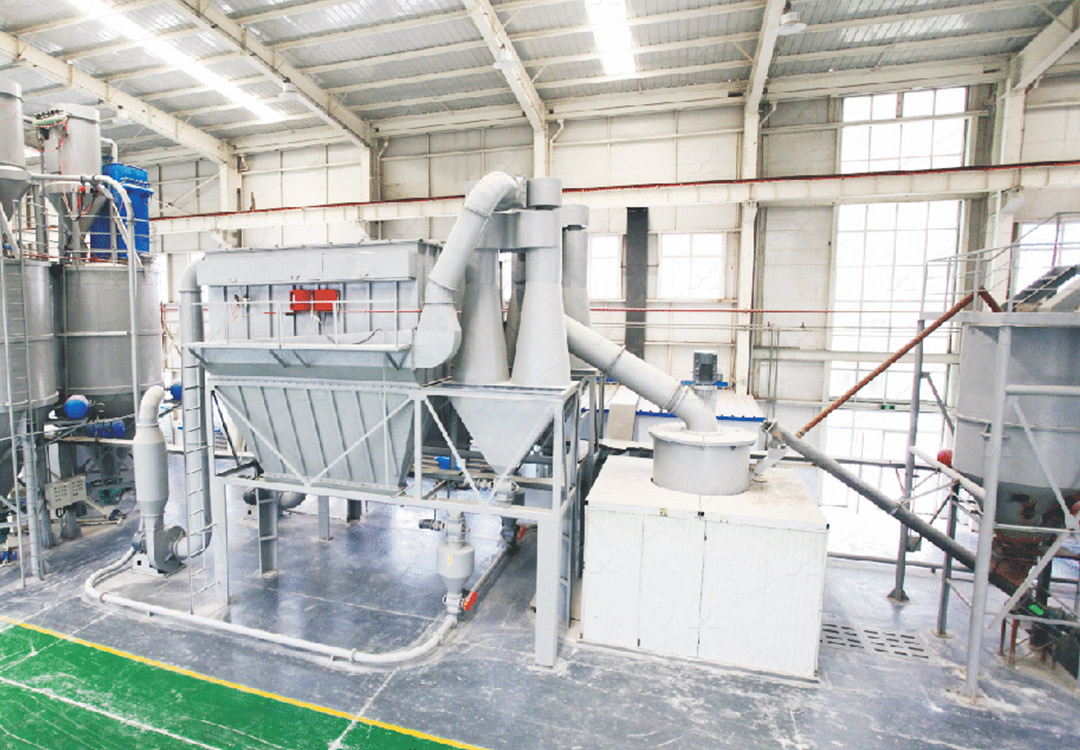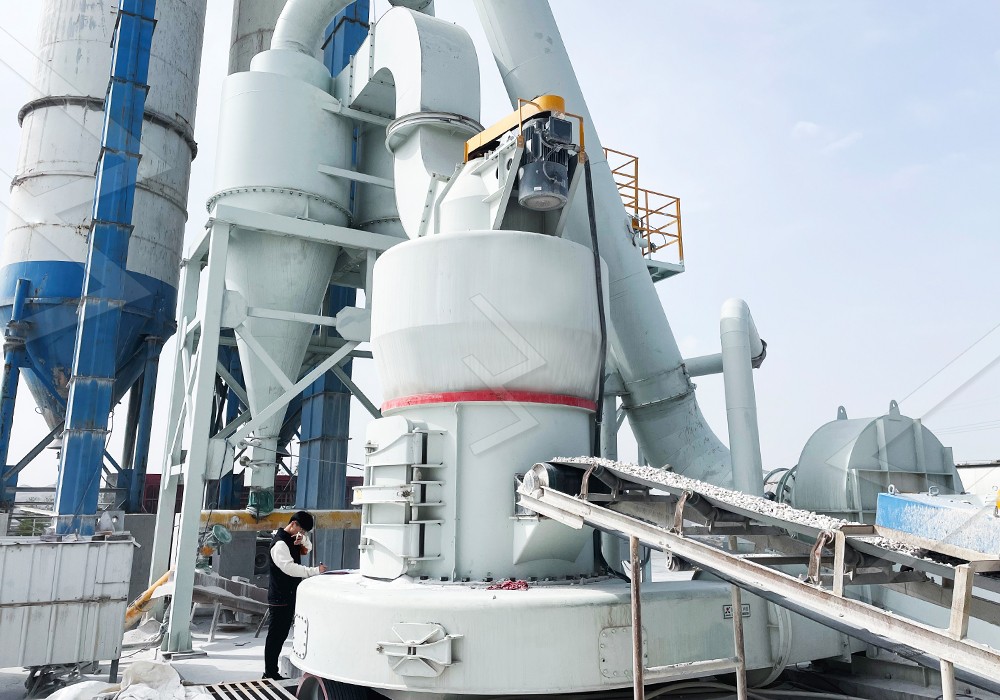Raymond Mill for Grinding Limestone: Key Features and Applications
We provide a wide range of mills — including Raymond mill, trapezoidal mill, vertical mill, ultrafine mill, and ball mill, obtained ISO9001 international quality certification, EU CE certification, and Customs Union CU-TR certification. Suitable for processing minerals such as limestone, phosphate, quicklime, kaolin, talc, barite, bentonite, calcium carbonate, dolomite, coal, gypsum, clay, carbon black, slag, cement raw materials, cement clinker, and more.
The discharge range of these mills can be adjusted to meet specific processing needs, typically from 80-400 mesh, 600-3250 mesh, and can achieve the finest particle size of up to 6000 mesh(D50).
If you are looking for a reliable grinding solution to turn stone or minerals into fine powder, please feel free to contact our online customer service.
Raymond Mill for Grinding Limestone: Key Features and Applications
Limestone processing represents one of the most fundamental applications in industrial milling operations worldwide. As a versatile mineral with applications spanning construction, agriculture, chemicals, and manufacturing, limestone requires precise grinding solutions to meet diverse industry specifications. Among the various grinding technologies available, Raymond Mill has established itself as a reliable workhorse for limestone processing operations.

Understanding Raymond Mill Technology
The traditional Raymond Mill operates on a straightforward yet efficient principle. Material is fed into the grinding chamber where rotating rollers exert pressure against a stationary grinding ring. Centrifugal force causes the rollers to swing outward, pressing firmly against the ring and crushing the material between them. The ground material is then carried by airflow to a classifier where oversize particles are separated and returned for further grinding, while properly sized powder is collected as finished product.
This time-tested design offers several advantages for limestone processing, including compact footprint, relatively low investment cost, and straightforward operation. With an input size capacity of <25 mm and throughput ranging from 0.6-5 tph, Raymond Mill fits well in small to medium-scale limestone processing operations where consistent, medium-fineness powder is required.
Limestone Applications and Specifications
Ground limestone finds application across numerous industries. In construction, it serves as a key component in cement production and as a filler in asphalt. The agricultural sector utilizes limestone powder to adjust soil pH levels, while manufacturers incorporate it as a filler in plastics, paints, and rubber products. The chemical industry relies on precisely ground limestone for processes ranging from flue gas desulfurization to the production of various calcium compounds.
The versatility of limestone demands equally versatile grinding equipment. Different applications require specific particle size distributions, purity levels, and production capacities. While traditional Raymond Mill handles many of these requirements effectively, operations demanding higher throughput or finer powders often benefit from more advanced milling technologies.

Advanced Solutions for Demanding Applications
For operations requiring ultra-fine limestone powder with superior efficiency, our MW Ultrafine Grinding Mill represents a significant technological advancement. Engineered for customers who need to produce ultra-fine powder between 325-2500 meshes, this machine incorporates several innovative features that make it ideal for high-value limestone applications.
The MW Series achieves higher yielding with lower energy consumption compared to conventional mills. Its newly designed grinding curves of grinding roller and grinding ring enhance grinding efficiency substantially. With the same fineness and power, the production capacity is 40% higher than jet grinding mills and stirred grinding mills, while the yield doubles that of ball grinding mills. Remarkably, the system energy consumption is only 30% of jet grinding mills.
Another standout feature is the adjustable fineness between 325-2500 meshes, made possible by a cage-type powder selector that employs German technology to increase powder separation precision. The mill’s unique design eliminates rolling bearings and screws in the grinding chamber, eliminating concerns about bearing damage or machine failure caused by loose screws. This design, combined with external lubrication that enables operation without shutdown, allows for continuous 24-hour production.
Environmental considerations are addressed through an efficient pulse dust collector that ensures no dust pollution during operation. Additional noise reduction measures including silencers and noise elimination rooms make the MW Series compliant with national environmental protection standards.
Selecting the Right Mill for Your Operation
Choosing between Raymond Mill and more advanced options like the MW Ultrafine Grinding Mill depends on several factors: required product fineness, production capacity, energy efficiency targets, and environmental compliance needs. While Raymond Mill remains an excellent choice for standard applications, operations requiring finer powders, higher throughput, or superior energy efficiency should consider the advanced capabilities of the MW Series.
The MW Ultrafine Grinding Mill handles input sizes of 0-20 mm with capacities ranging from 0.5-25 tph, making it suitable for both small and medium-scale operations. Its applications extend beyond limestone to include calcite, dolomite, petroleum coal, gypsum, barite, marble, talc, and various materials for the chemical industry, paint, cosmetics, medicine, and food additives.

Frequently Asked Questions
What is the typical fineness range achievable with Raymond Mill for limestone?
Traditional Raymond Mill typically produces limestone powder in the range of 80-325 mesh. For finer applications up to 2500 meshes, the MW Ultrafine Grinding Mill is recommended.
How does the energy consumption of MW Ultrafine Grinding Mill compare to traditional Raymond Mill?
The MW Series reduces energy consumption by approximately 30-40% compared to traditional Raymond Mills while increasing production capacity by up to 40%.
What maintenance advantages does the MW Ultrafine Grinding Mill offer?
With no rolling bearings or screws in the grinding chamber and external lubrication capability, the MW Series significantly reduces maintenance requirements and enables 24-hour continuous operation.
Can these grinding systems meet environmental protection standards?
Yes, the MW Ultrafine Grinding Mill is equipped with efficient pulse dust collectors and noise reduction features that ensure compliance with national environmental standards.
What is the recommended solution for producing limestone powder for high-value applications like pharmaceuticals or food additives?
The MW Ultrafine Grinding Mill is specifically designed for such applications, offering precise control over fineness, high purity output, and contamination-free operation.
